 Free Time, Leisure and Entertainment Vocabulary
Free Time, Leisure and Entertainment Vocabulary
A collection of French vocabulary for activities and entertainment typically enjoyed during free time.
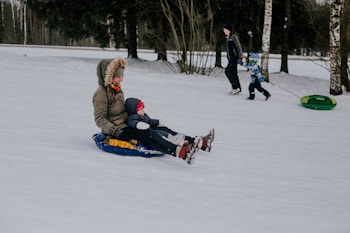
Amusez-vous
The phrase 'Amusez-vous' is the imperative form used to encourage someone to enjoy themselves or have a good time. It can be used in various social contexts, such as when bidding farewell to friends heading to a party or event, implying that they should relax and enjoy the experience.

alternative
In French, the word 'alternative' is used just like in English to describe a choice between two or more possibilities. It is a noun, and can be used in the same contexts as its English counterpart. For example, 'Il n'y a pas d'alternative' means 'There is no alternative'.
Example sentences with alternative →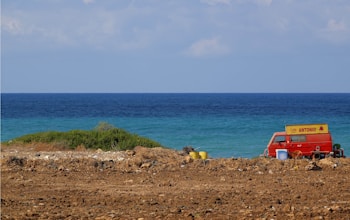
bar de plage
In French, 'bar de plage' refers to a casual establishment located near or on the beach where people can enjoy drinks and light snacks. It often serves as a social hub for beachgoers to relax and socialize, and it may also offer beach chairs and umbrellas for rent, creating a laid-back atmosphere typical of summer vacations.
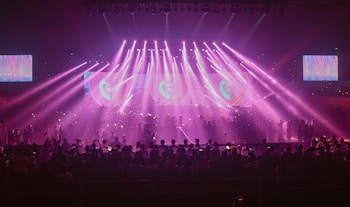
chanter
The French word 'chanter' is the equivalent of 'sing' in English. Just like 'sing', 'chanter' can be used in various contexts such as singing a song ('chanter une chanson') or singing in the shower ('chanter sous la douche'). The conjugation changes with the subject, for example 'Je chante' is 'I sing' and 'Nous chantons' is 'We sing'.
Example sentences with chanter →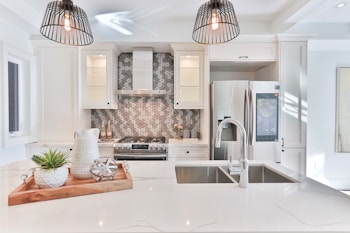
cuisine
The French word for kitchen is 'cuisine'. It is used to refer to the room where food is prepared and cooked. The word 'cuisine' can also refer to a style of cooking or the food that is prepared in a particular way. For example, French cuisine is known for its rich and complex flavors, while Italian cuisine is known for its use of fresh ingredients and simple preparations.
Example sentences with cuisine →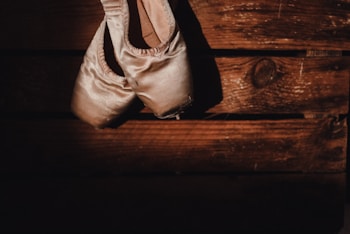
danse
The French word for dance is 'danse'. It is used in the same way as in English, to describe the act of moving one's body rhythmically, usually to music. For example, one might say 'Je veux danser' which means 'I want to dance'.
Example sentences with danse →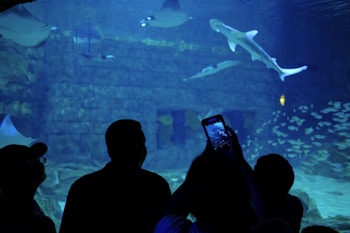
divertissement
The French word 'divertissement' is used to describe various forms of entertainment such as television, cinema, music, and games. It is a noun and behaves similarly to its English equivalent - it can be used with articles (le, un, des) and in both singular and plural forms (divertissement, divertissements).
Example sentences with divertissement →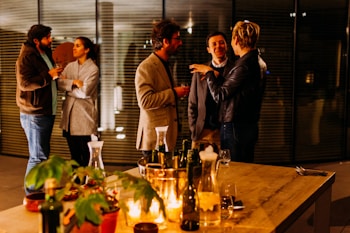
fête animée
In French, 'fête animée' describes a lively and energetic gathering where people celebrate, dance, and enjoy each other's company. Such a party typically features music, entertainment, and a vibrant atmosphere, making it a popular choice for birthdays, weddings, and other festive occasions.
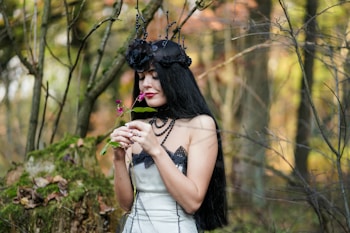
fête déguisée
In French, the term 'fête déguisée' refers to a social gathering where participants dress up in costumes, often based on themes or characters. These parties can occur during festive occasions such as Halloween, Carnival, or simply as a fun social event among friends. Attendees typically engage in playful interactions, showcasing their creativity and imagination through their outfits.
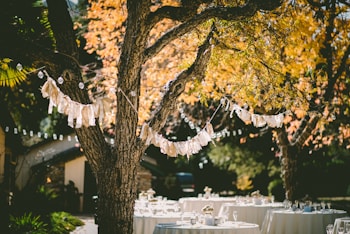
gâcher la fête
The French phrase 'gâcher la fête' is used to describe actions or behaviors that disrupt the enjoyment of a social gathering or event. It can refer to someone who brings negativity, creates tension, or otherwise prevents others from having a good time, similar to the English expression 'to rain on someone's parade'.

inviter
The French word 'inviter' is used to express the act of inviting someone to an event, gathering, or location. It is a regular verb that follows the '-er' conjugation pattern. For example, 'Je t'invite à dîner' means 'I invite you to dinner.'
Example sentences with inviter →
prendre un verre
In French, 'prendre un verre' literally translates to 'take a glass'. It is commonly used to invite someone to go out for a drink, whether it's an alcoholic beverage or a non-alcoholic refreshment. This expression is casual and is often used among friends or in social settings.

repos
The French word 'repos' is used in the same context as the English word 'rest'. It can be used to indicate a period of relaxation or sleep, where no work is done or the cessation of motion or activity. For example, 'Je suis fatigué, j'ai besoin de repos.' translates to, 'I am tired, I need some rest.'
Example sentences with repos →